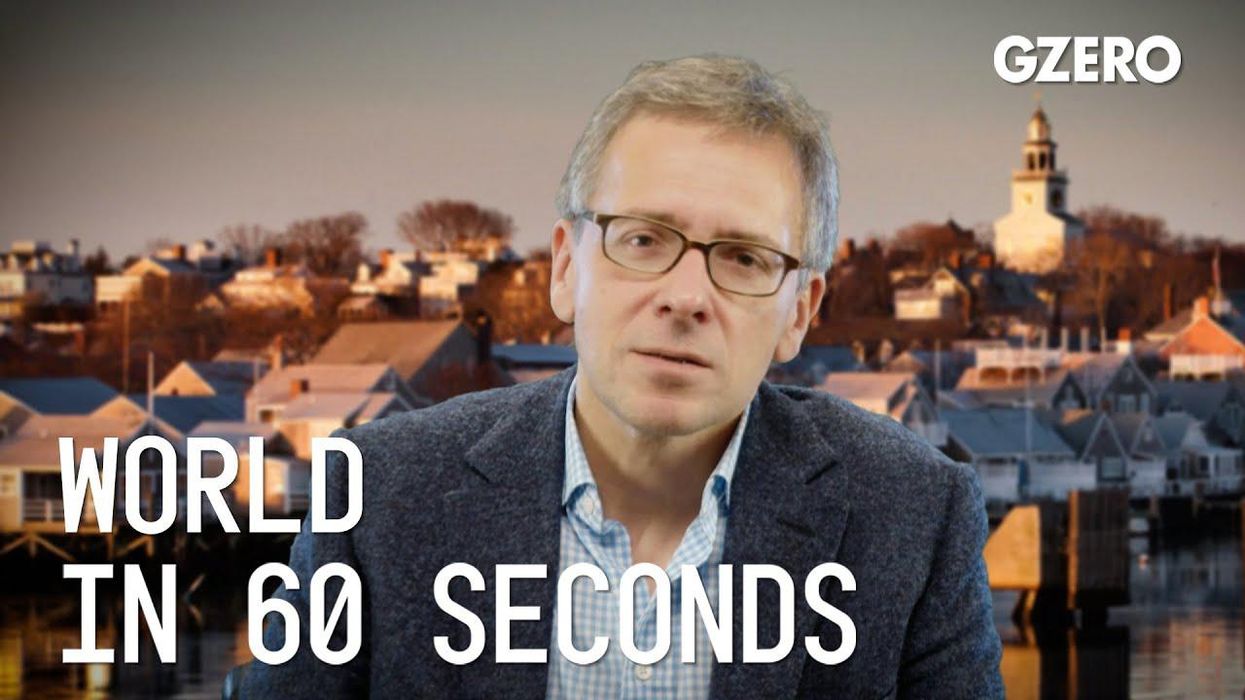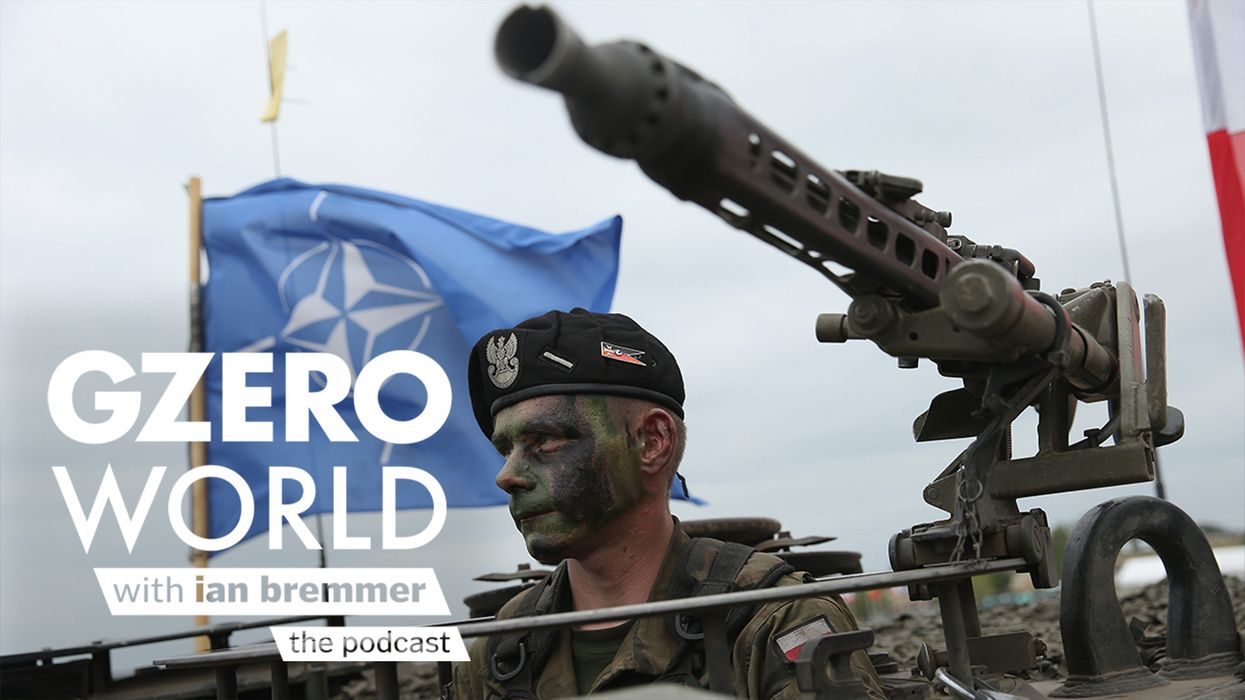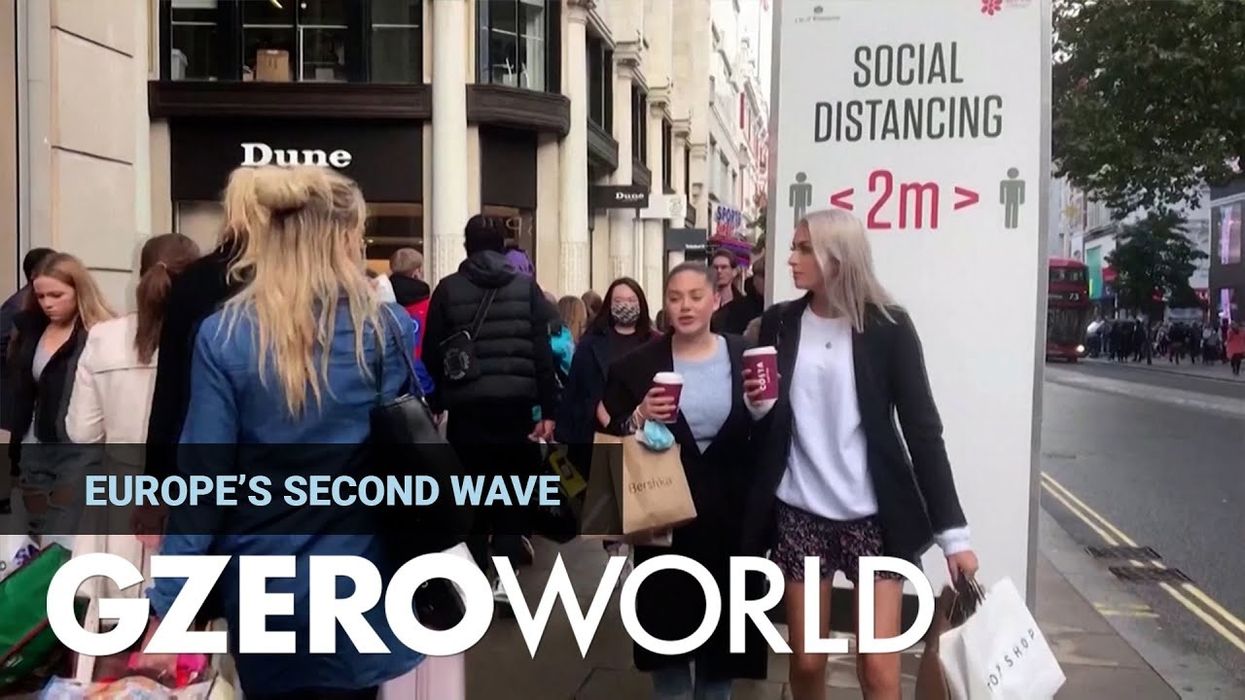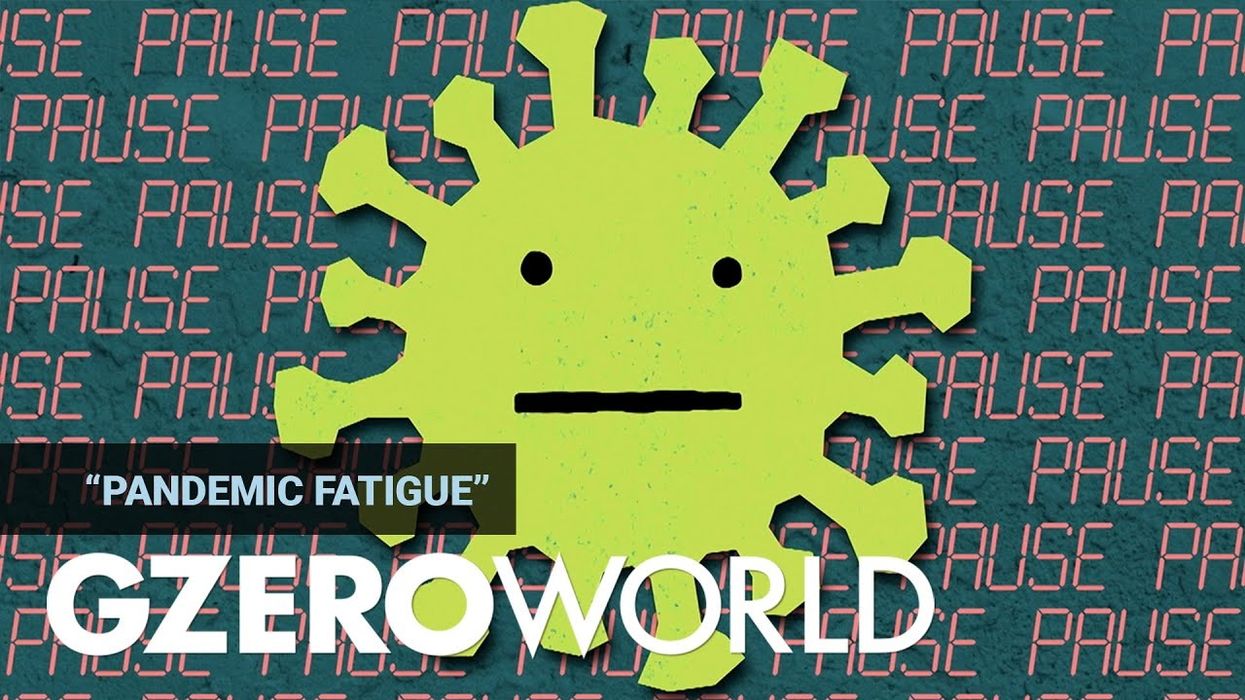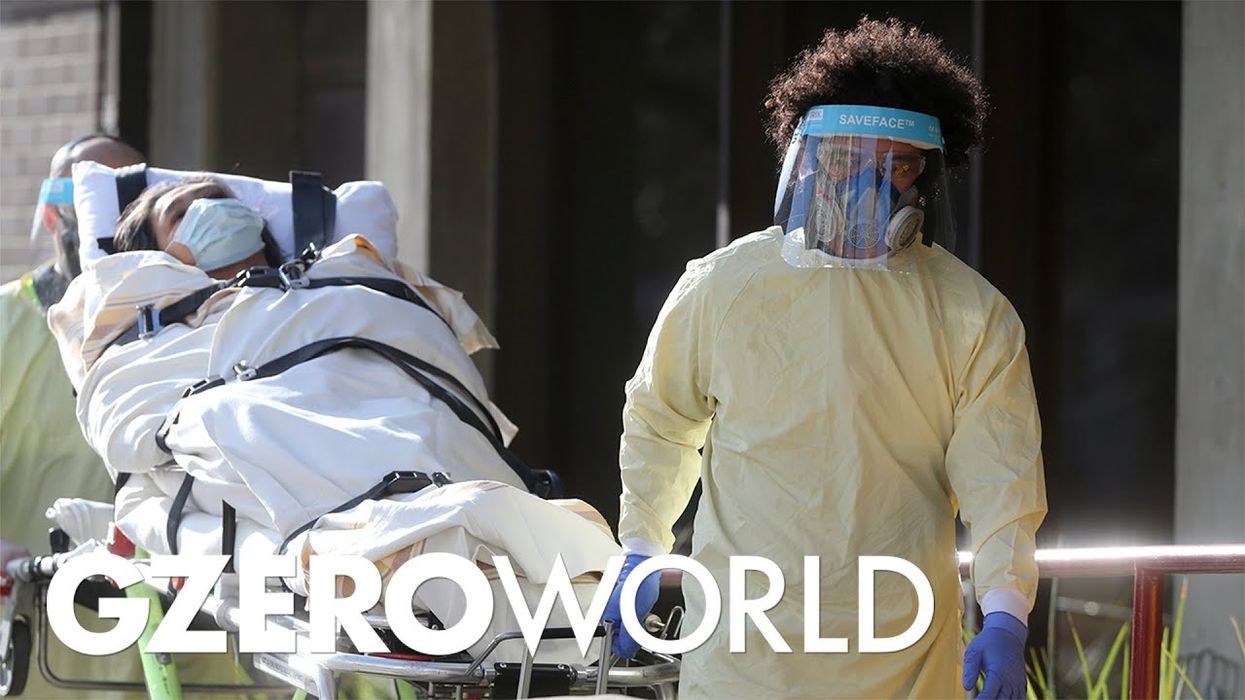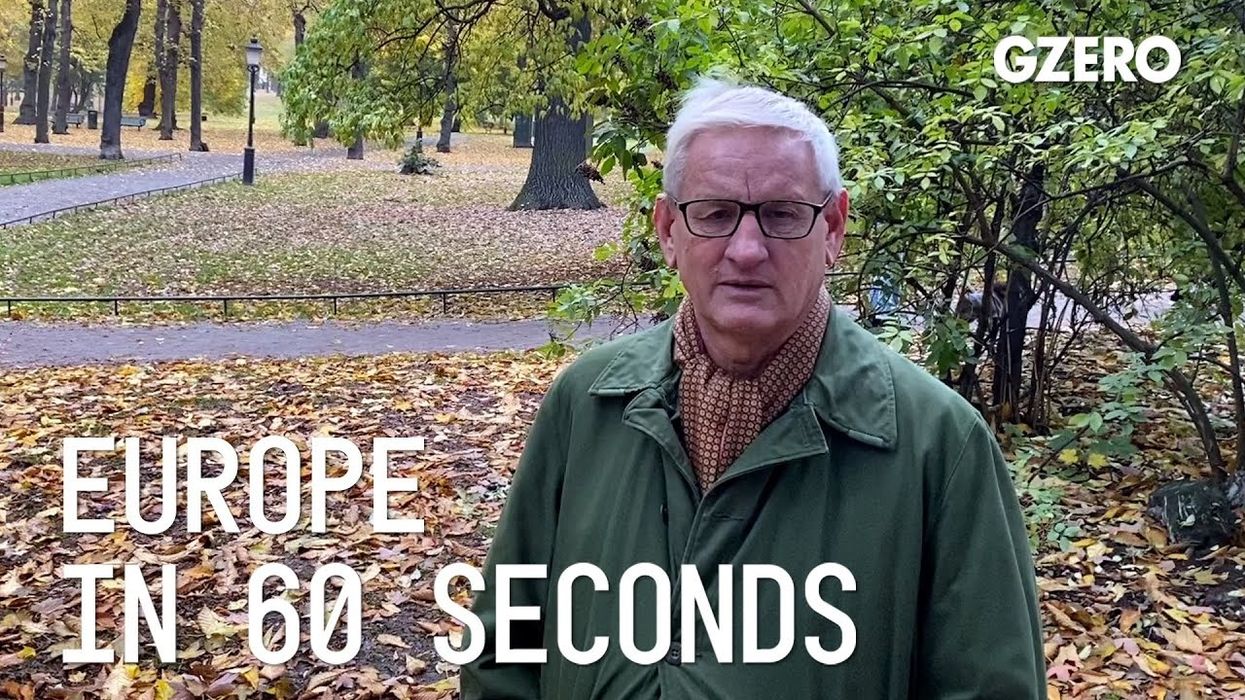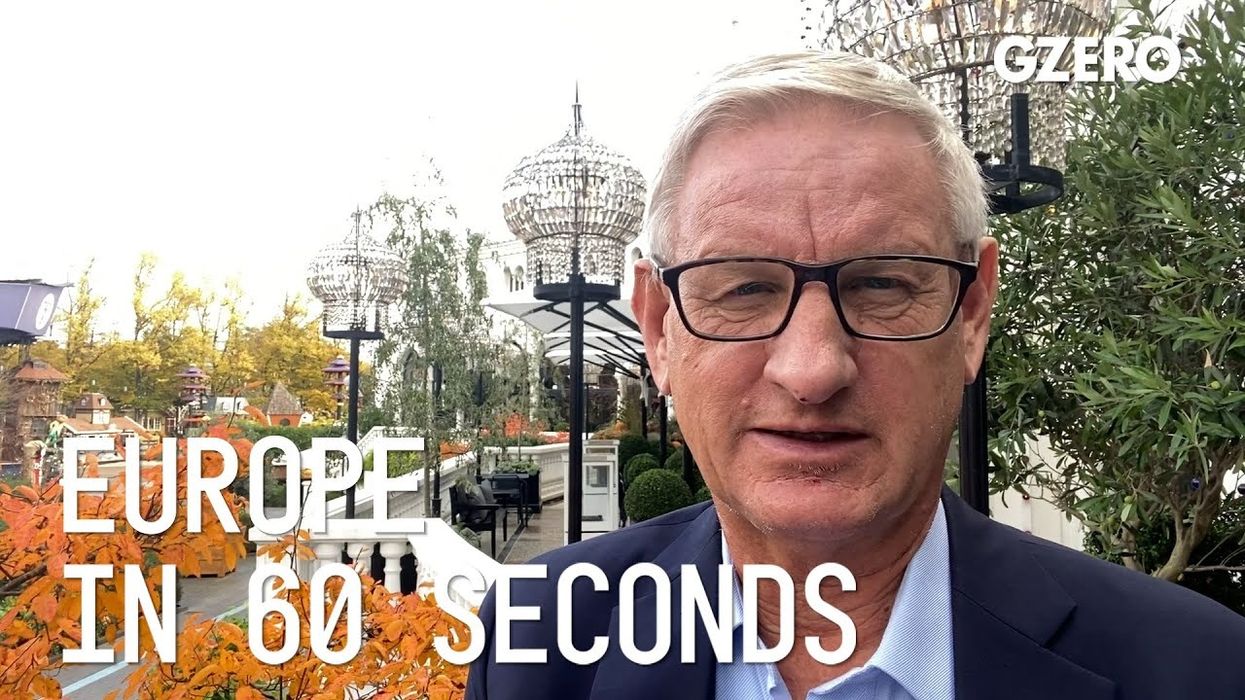ask ian
US bet on Pfizer and Moderna may lead to earlier COVID vaccine rollout
Ian Bremmer shares his perspective on global politics on this week's World In (More Than) 60 Seconds:
With COVID vaccine near, what will the distribution look like across the world? Why is everyone on Twitter talking about monoliths?
Dec 02, 2020
